Notes
- ↑ Robert Alter (1975). Modern Hebrew Literature. Behrman House, Inc. p. ix. ISBN 978-0-87441-235-2.
The Modern Hebrew Poem Itself is an anthology of modern Hebrew poetry, presented in the original language, with a transliteration into Roman script, a literal translation into English, and commentaries and explanations. [1]
Two editions of this book have appeared so far:
Poets included in both editions of the book
Poet included in the first edition but not in the second
Poets included in the second but not the first edition

Shmuel Yosef Agnon was one of the central figures of modern Hebrew fiction. In Hebrew, he is known by the acronym Shai Agnon. In English, his works are published under the name S. Y. Agnon.

Abraham ben Meir Ibn Ezra was one of the most distinguished Jewish biblical commentators and philosophers of the Middle Ages. He was born in Tudela, Taifa of Zaragoza and present-day Navarre.
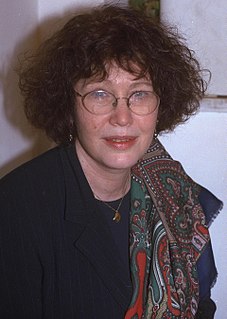
Dahlia Ravikovitch was an Israeli poet, translator, and peace activist.
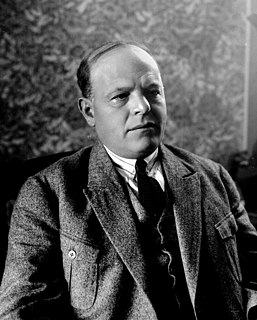
Hayim Nahman Bialik, was a Jewish poet who wrote primarily in Hebrew but also in Yiddish. Bialik was one of the pioneers of modern Hebrew poetry. He was part of the vanguard of Jewish thinkers who gave voice to the breath of new life in Jewish life. Being a noted essayist and story-teller, Bialik also translated major works from European languages. Although he died before Israel became a state, Bialik ultimately came to be recognized as Israel's national poet.
Jacob ben Meir, best known as Rabbeinu Tam, was one of the most renowned Ashkenazi Jewish rabbis and leading French Tosafists, a leading halakhic authority in his generation, and a grandson of Rashi. Known as "Rabbeinu", he acquired the Hebrew suffix "Tam" meaning straightforward; it was originally used in the Book of Genesis to describe his biblical namesake, Jacob.

Uri Zvi Greenberg was an acclaimed Israeli poet, journalist and politician who wrote in Yiddish and Hebrew. Widely regarded among the greatest poets in the country's history, he was awarded the Israel Prize in 1957 and the Bialik Prize in 1947, 1954 and 1977, all for his contributions to fine literature. Following Israeli independence in 1948, he also served in the first Knesset as a member of Menachem Begin's Herut Party. Greenberg's Revisionist orientation had an important influence on both his writings and his politics. Greenberg is considered to be the most significant representative of Expressionism in Hebrew and Yiddish literature.

Avraham Shlonsky was a significant and dynamic Israeli poet and editor born in the Russian Empire.

Hebrew literature consists of ancient, medieval, and modern writings in the Hebrew language. It is one of the primary forms of Jewish literature, though there have been cases of literature written in Hebrew by non-Jews. Hebrew literature was produced in many different parts of the world throughout the medieval and modern eras, while contemporary Hebrew literature is largely Israeli literature. In 1966, Agnon won the Nobel Prize for Literature for novels and short stories that employ a unique blend of biblical, Talmudic and modern Hebrew, making him the first Hebrew writer to receive this award.
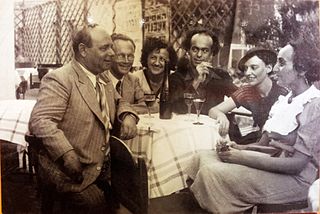
Yocheved Bat-Miriam was an Israeli poet. Bat-Miriam was Born in Belorussia to a Hasidic family. She studied pedagogy in Kharkov and at the universities of Odessa and Moscow. During this period, she participated in the revolutionary literary activities of the “Hebrew Octoberists”, a Communist literary group, and one of her earliest poem-cycles, a paean to revolutionary Russia entitled Erez (Land) was published in the group's anthology in 1926. She is unusual among Hebrew poets in expressing nostalgia for the landscapes of the country of her birth. Yocheved migrated to British Palestine, later to be called Israel, in 1928. Her first book of poetry, Merahok was published in 1929. In 1948, her son Nahum (Zuzik) Hazaz from the writer Haim Hazaz died in the 1947–1949 Palestine war. Since then she never wrote a poem again.
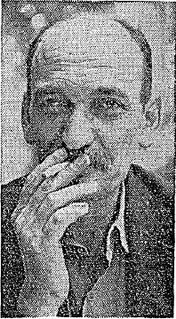
Yonatan Ratosh was the literary pseudonym of Uriel Shelach, a Polish-born Israeli poet and journalist who founded the Canaanite movement.

Gabriel Preil was a modern Hebrew poet active in the United States, who wrote in Hebrew and Yiddish. Preil translated Robert Frost and Walt Whitman into Hebrew.
T. Carmi was the literary pseudonym of Carmi Charney, an American-born Israeli poet.

Hedva Harekhavi, Israeli poet and artist, was born in 1941 in Kibbutz Degania Bet, one of the oldest kibbutzim in Israel. She had one child, Elisha, who died at a young age. She has lived most of her life in Jerusalem.
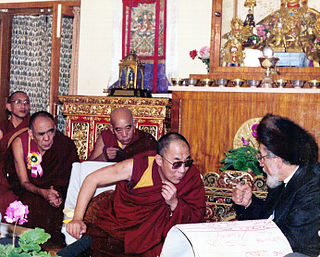
Rodger Kamenetz is an American poet and author best known for The Jew in the Lotus (1994), an account of the historic dialogue between rabbis and the XIV Dalai Lama. His poetry explores the Jewish experience and in recent years, dream consciousness. Since 2003 he's been instrumental in developing Natural Dreamwork, a practice that focuses on the sacred encounters in dreams.
Nationality words link to articles with information on the nation's poetry or literature.
Nationality words link to articles with information on the nation's poetry or literature.
Nationality words link to articles with information on the nation's poetry or literature.
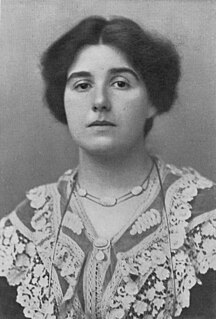
Pauline Ruth "Nina" Salaman was a British Jewish poet, translator, and social activist. Besides her original poetry, she is best known for her English translations of medieval Hebrew verse—especially of the poems of Judah Halevi—which she began publishing at the age of 16.